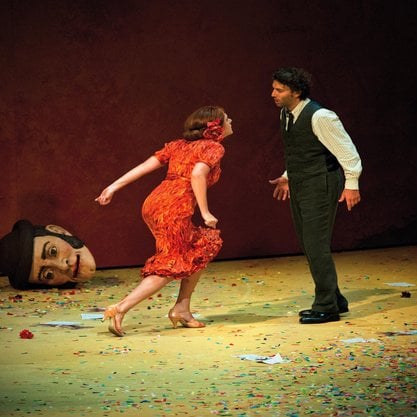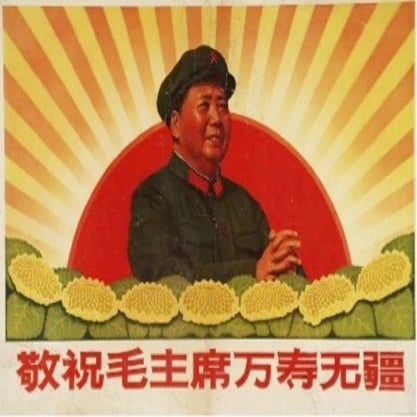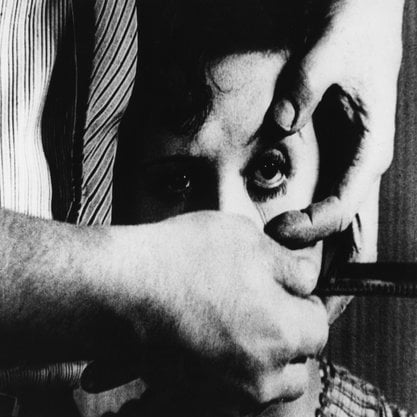Article
Mori, ōgai (1862–1922) By Wetmore, Kevin
Article
Mori ōgai served as a surgeon in the Japanese Imperial Army, and was a translator, novelist, dramatist, and literary theorist during the Meiji and Taisho periods. While a dramatist in his own right, he is also important for his translations (especially of Ibsen) and his critical writings.
Mori ōgai was born Mori Rintarō to an aristocratic family in Iwami Province in southwestern Japan. Following the Meiji Restoration, his family moved to Tokyo and he began to study German. Graduating from medical college in 1881 at the age of nineteen years, he enlisted in the Japanese Imperial Army, which sent him to Germany to study, returning in 1885. During his time in Europe Mori became interested in Western literature and began translating German works into Japanese.
His critical assertions in both the popular press and the intellectual press resulted in drama being considered equal to other forms of literature, and in the idea that well-respected individuals could read drama, attend the theater and engage in serious discussions about both. His debates in print with Tsubouchi Shōyō, his intellectual rival, focused on the nature and purpose of drama. Tsubouchi advocated for Realism, while Mori sensed a universal ideal behind literature. Collectively they staked out important principles behind modern Japanese dramatic literature.


